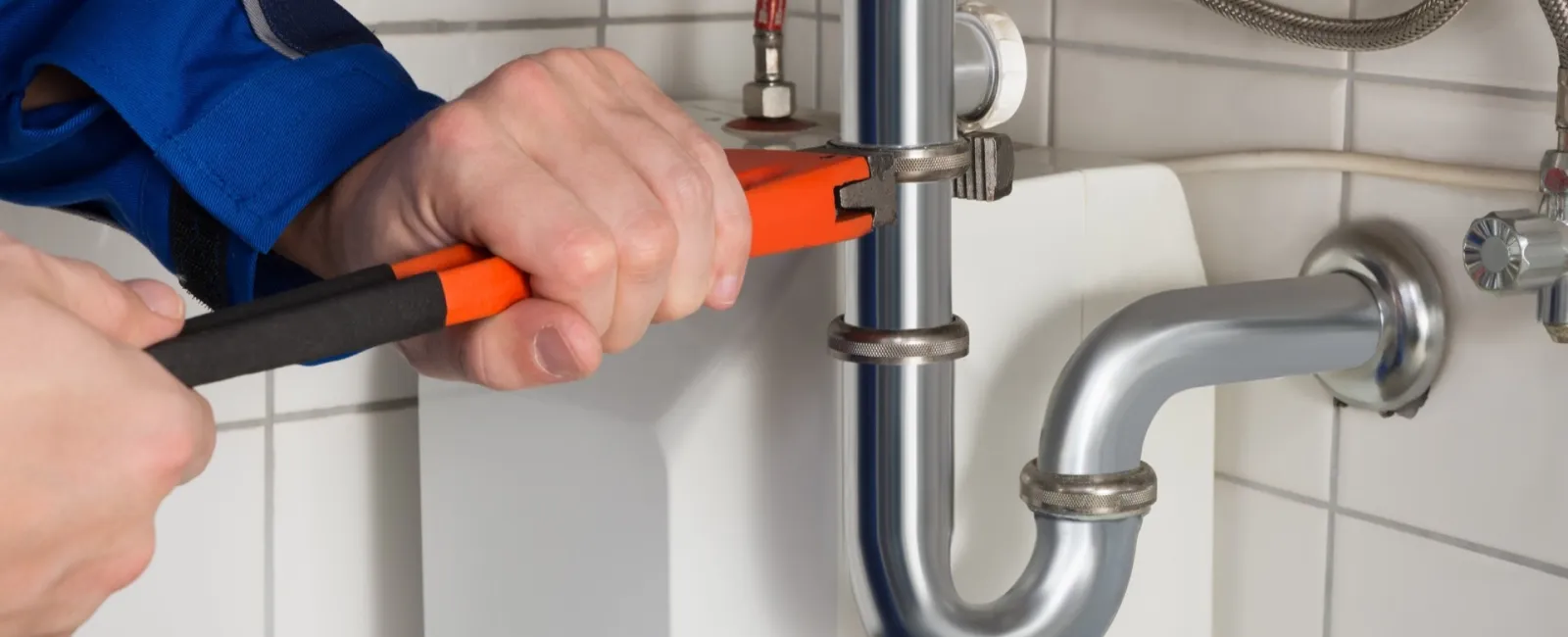Hard water is a problem throughout the U.S., including the Atlanta area. Such water often has high contents of magnesium and calcium. Homeowners go to great lengths to soften their water supply to avoid the associated pitfalls. Although it is safe to drink, hard water can wreak havoc on your home's appliances. This is especially true when it comes to your water heater.
Left cold in the shower
Over time, mineral deposits can build up in the bottom of water heater tanks. When this happens, not only is the flow of water inside the tank impeded, but the amount of heat transferred to the water is reduced and the efficiency of the tank's lower heating element suffers. This can leave you without the amount of hot water you require.
Strange noises in the night
Strange gurgling sounds, humming or thumps might indicate a sediment problem within your water heater. They can whine, squeal and make other weird noises when they are not receiving the amount of water they need. Sediment can build up inside the pipes, reducing the water supply to the appliance.
Preventative maintenance
Often a simple system flush can correct the problems associated with hard water. The procedure requires that you shut off power to the unit and connect a water hose to the drain valve located near the bottom of the appliance. Turn off the water supply to the appliance and open the T&P valve located on top of the unit. This allows all of the water, including sediments, to drain out of the tank. After the tank has emptied, turn on the water supply and allow clean water to flush the system and remove any remaining sediments from the tank via the water hose. Once clean water is running through the hose, close the drain valve and allow the water heater tank to fill. Close the T&P valve after all the air has escaped the unit during filling.
When to call a professional
If flushing the system does not restore the amount of hot water you are accustomed to, it might be time to call in a professional. It's possible that the amount of sediments has damaged your water heater's lower element. Hire a licensed plumber to repair or replace your water heater, if needed.
Image source: Flickr
